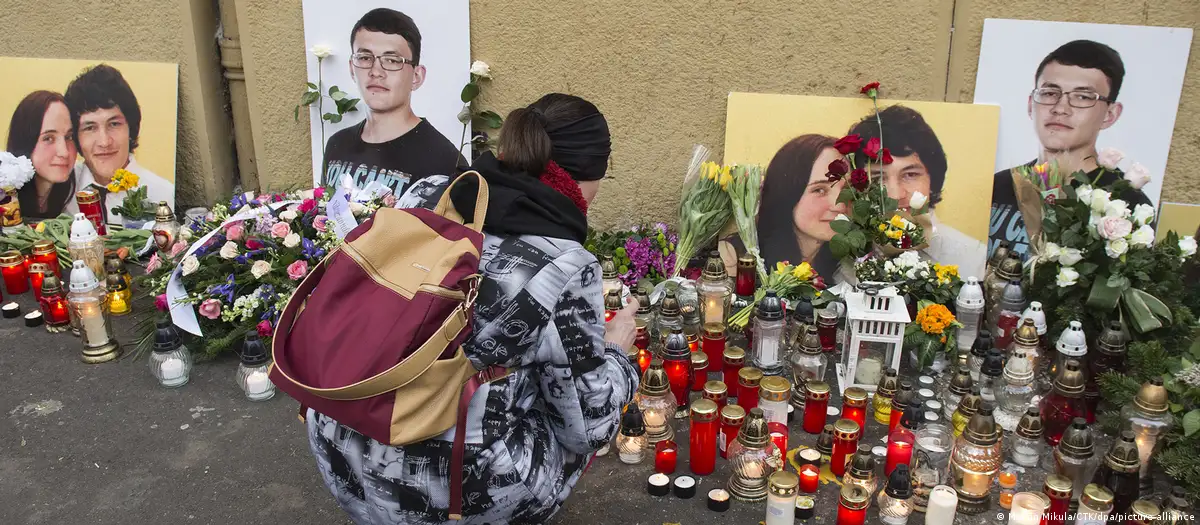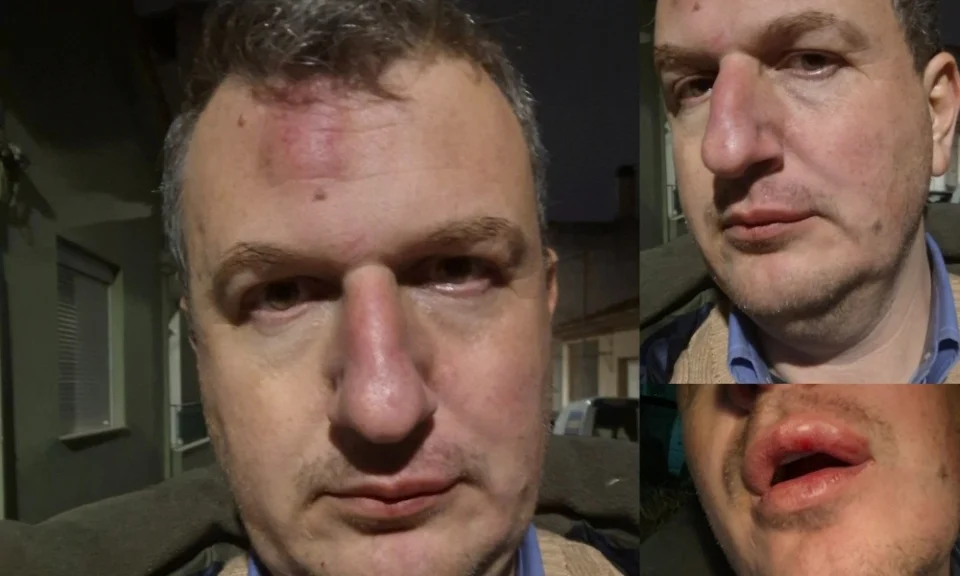
Protecting Journalists Online: Global Strategies from IGF 202
December 19, 2024
The Smear Campaign Against Anand Mangnale
December 20, 2024December 19, 2024 – Georgia –
The streets of Tbilisi erupted into widespread protests after the government’s abrupt decision to delay EU accession talks in late November 2024, triggering fierce clashes between demonstrators and security forces. In this volatile environment, journalists covering the demonstrations found themselves exposed to graphic violence and legal intimidation, despite clearly identifying themselves as members of the press. Law enforcement repeatedly used tear gas, water cannons laced with chemical irritants, rubber bullets, and physical force to disperse not only protesters but also reporters on duty. Many journalists suffered beatings, concussions, broken bones and burns, yet very few cases have been actively investigated, reflecting a deeply troubling culture of impunity allegedly tied to the “Foreign Influence” law and other newly enacted directives, judicial tools have increasingly been deployed to restrict press coverage, using administrative fines, defamation charges and criminal accusations under overly broad statutes.
A leading journalist from OC Media and Public Defender reports a description describing beatings requiring medical treatment, highlighting the scale and severity of physical harm inflicted on those reporting. Investigations into these events—some spearheaded by the Georgian Special Investigation Service—have, according to press freedom watchdogs, proved chronically ineffective, falling short of credible accountability for officers responsible. The Georgian Charter of Journalistic Ethics has implored the Ministry of Internal Affairs to cease issuing exorbitant fines for “blocking roads” by journalists covering protests, warning such punitive actions risk deteriorating democratic standards.
One prominent example is the arrest of seasoned journalist Mzia Amaghlobeli in January 2025, detained for allegedly slapping a police chief. Held without charge, she began a prolonged hunger strike that drew global condemnation. Advocacy groups, including Amnesty International and HRW, have cited her case and others as emblematic of a broader assault on independent media. Despite the risks, journalists continue working—documenting abuses, providing real-time accounts of the protests, and offering community support.
International human rights organizations have sounded the alarm, urging the Georgian government and European institutions to investigate acts of brutality against journalists, reform laws that stifle free expression, and rein in masked groups and police complicit in unrestrained violence. The solidarity among NGOs, media networks, and rights defenders reflects a united stand: without independent journalism, a free society cannot survive. The fate of Georgian democracy now hinges on safeguarding the essential role of a free press in times of crisis.
Reference –
Georgia: Police committing shocking human rights violations amid ongoing crackdown on protesters
https://civil.ge/archives/646749




